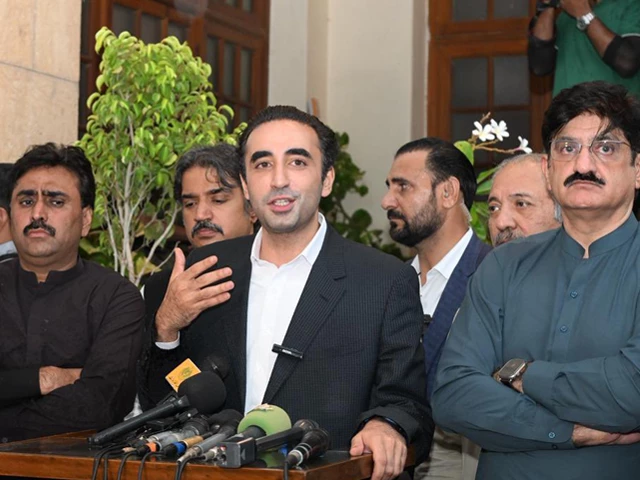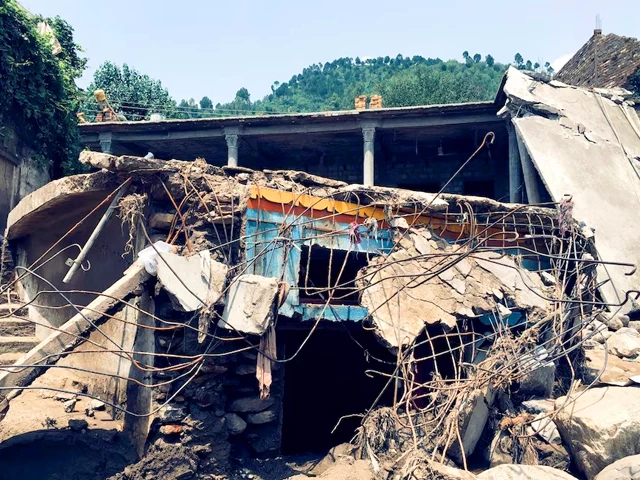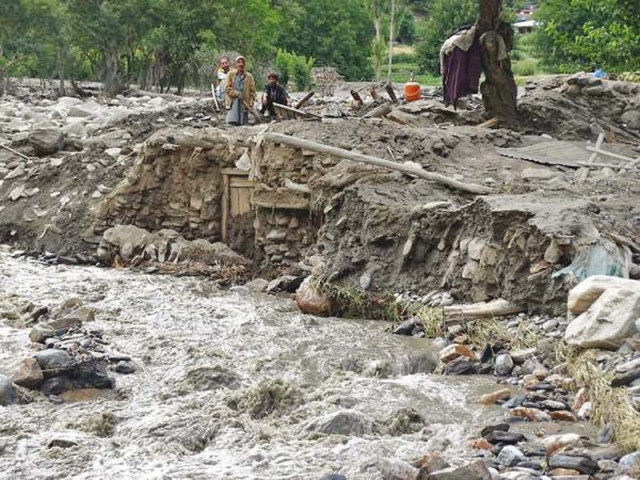The Importance of Social Safety Nets in Times of Crisis: A Look at the Benazir Income Support Programme
In times of natural disasters, especially in regions susceptible to flooding, social safety nets become a vital support system for affected communities. Bilawal Bhutto Zardari, the Chairperson of the Pakistan Peoples Party (PPP), has recently emphasized the importance of the Benazir Income Support Programme (BISP) as Pakistan’s most effective tool for social protection. During a press conference, he urged the federal government to channel BISP funds to provide immediate relief to farmers who have suffered due to devastating floods.
Bilawal highlighted how previous administrations had successfully utilized BISP during dire situations, like other floods and the COVID-19 pandemic. His concern was straightforward: if support isn’t being given to flood victims now, then what are the real consequences for the communities in regions like South Punjab? His advocacy stems from a genuine desire to see farmers supported, especially since many beneficiaries of the program reside in Punjab.
What makes BISP particularly noteworthy is its comprehensive approach to social welfare. It addresses not just immediate financial needs but aspects like education and employment as well. Bilawal pointed out that the program has received international acclaim and serves as a model for similar initiatives in other countries. Critics of the program, he noted, might lack a full understanding of its breadth and impact.
Moreover, Bilawal recently announced the launch of the Benazir Hari Card, specifically aimed at supporting small farmers with necessary purchases like fertilizers and seeds. This initiative is projected to provide assistance to 1.5 million farmers across Sindh, showcasing how targeted programs can effectively alleviate economic pressures on vulnerable populations.
While the federal government has taken steps to ease the burdens of flood victims, Bilawal insists more can be done. He called for an agricultural emergency, engagement with the IMF regarding wheat procurement, and tax relief for farmers to minimize losses and promote agricultural exports instead of imports.
Rehabilitation post-disaster is another significant issue. Bilawal stated that past experiences in managing flood crises include both relief and rehabilitation phases. He stressed that Sindh’s housing programme for flood victims could serve as a reference point for other provinces, underlining the need for a coordinated national response.
In addition to social safety measures, Bilawal touched upon broader issues, including international relations and domestic policies. He commended the Pakistan–Saudi defense agreement and expressed hope for constructive discussions on constitutional amendments.
As we navigate the complexities of political and humanitarian challenges, it’s vital for citizens and leaders alike to come together. Initiatives like BISP remind us that in crisis, our collective responsibility is to support those who need it most. Interested in learning more about social safety nets and their impact? Connect with Pro21st for insights and discussions that matter.
At Pro21st, we believe in sharing updates that matter.
Stay connected for more real conversations, fresh insights, and 21st-century perspectives.





